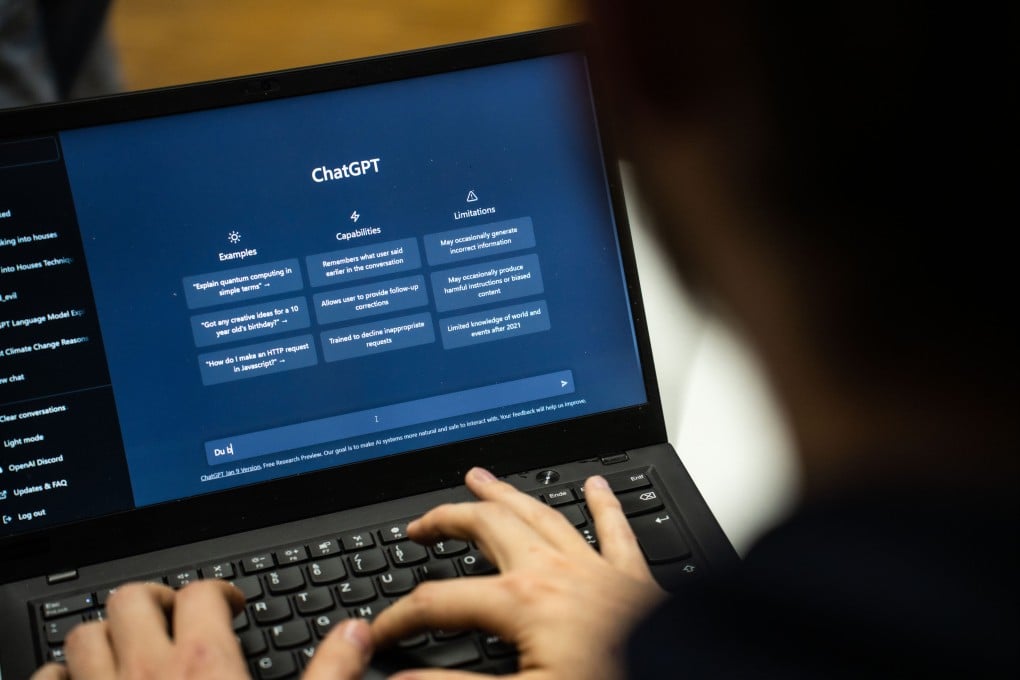ChatGPT ban: proxy services blocked on Chinese social media as scrutiny of uncensored AI increases
- Several WeChat accounts offering mainland users access to OpenAI’s ChatGPT have either been suspended or ceased operations
- One operator, whose ChatGPT proxy service remains operational, said they were requested by regulators not to speak to the media

A number of services providing ChatGPT access to mainland Chinese internet users have been blocked, triggering questions over whether the country’s authorities are clamping down on usage of the artificial intelligence (AI) chatbot.
Since San Francisco-based start-up OpenAI launched ChatGPT in November, dozens of public accounts have sprung up on Tencent Holdings’ super app WeChat, embedding ChatGPT via a so-called application programming interface (API) that enables two pieces of software to communicate.
These WeChat accounts had allowed mainland-based users to use ChatGPT, which is officially unavailable in China, without a foreign phone number or a virtual private network. But some of them, including Yibai Technology, ChatGPTRobot, Shenlan BL and AI Duihua, have since been disabled, according to checks by the South China Morning Post on Wednesday.
Yibai Technology has removed a button for activating ChatGPT, while ChatGPTRobot’s mini-program has been suspended for “violating relevant laws and regulations”, according to a notice on the account.
Shenlan BL and AI Duihua told users separately over the weekend that their ChatGPT access services had become “unavailable” without specifying a reason. They asked users to move to new public accounts offering the same services, which were still operational as of Wednesday afternoon.
None of the account operators or Tencent responded to requests for comment.
